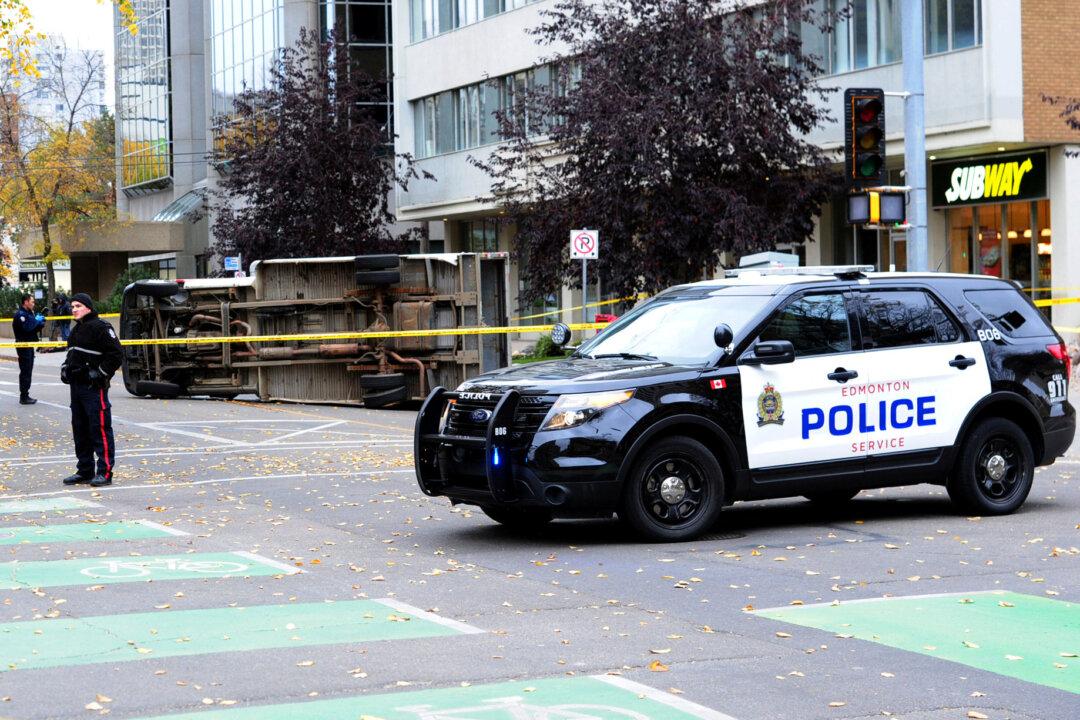Legislation tabled in Alberta Thursday could make sweeping changes in the province’s policing, including the creation of an independent agency to handle complaints against police.
The Police Amendment Act is a broad effort to make the first major changes to the province’s Police Act since the 1980s.





